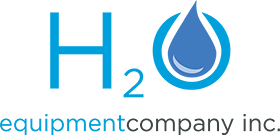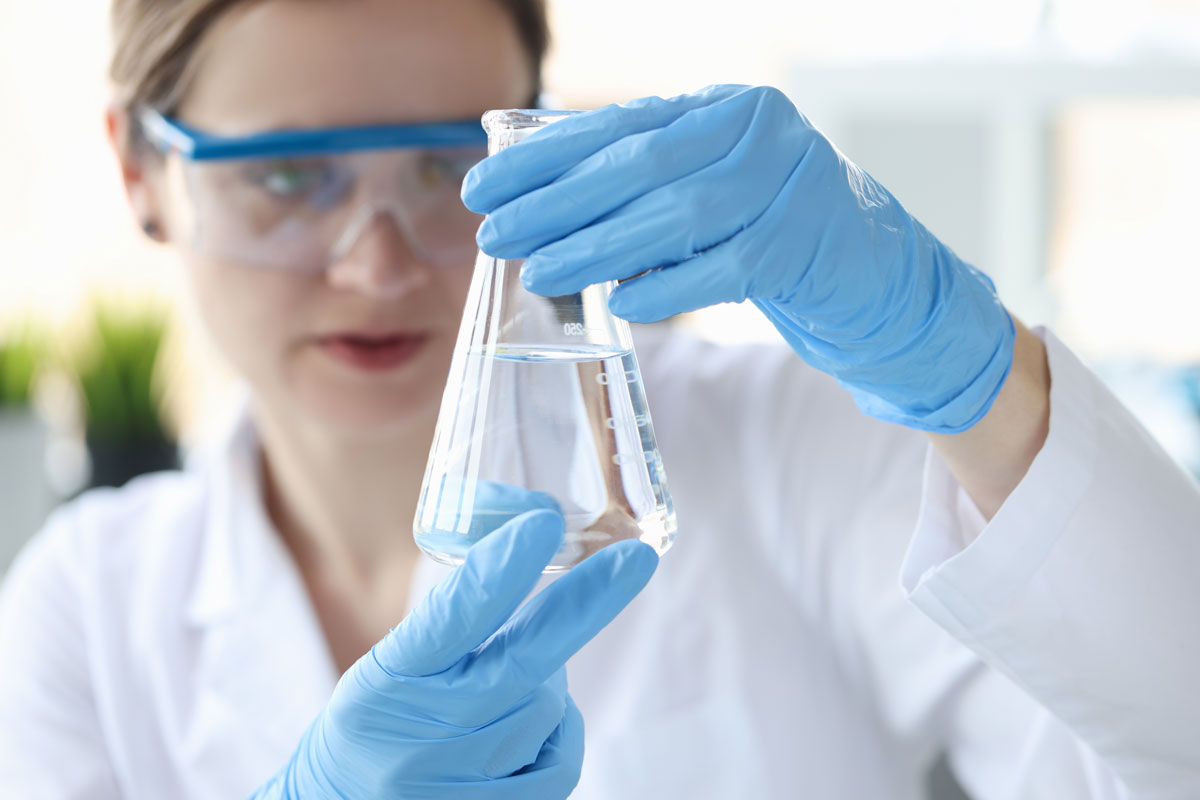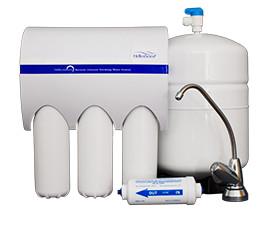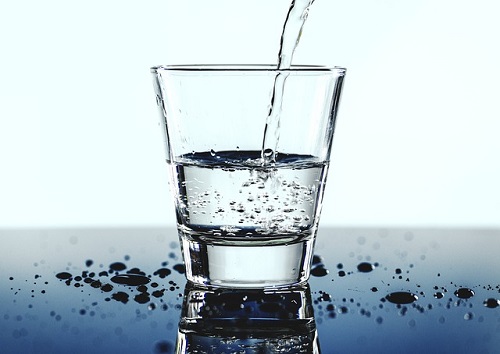The EPA recently released information about a growing health concern in our drinking water called PFAS. PFAS stands for “Per and Polyflouroalkyl Substances. Learn more about these man-made chemicals, how you can become exposed, health risks, and how to remove PFAS from your well water. What are PFAS? PFOA – Perfluorooctanoic Acid PFOS – Perfluorooctane Read the full article…
The Different Contaminants in Your Water
As a homeowner, it is critical to ensure your water is of the best quality. Having contaminated drinking water can put you and your family at risk, so it is essential to know the steps you need to take to test your water for contaminants – and when to begin treating your water based on Read the full article…
How To Remove Uranium From Well Water?
There are only TWO accepted AND practical ways recognized by the EPA to remove uranium from your water: Reverse Osmosis – (RO) Ion Resin System Reverse Osmosis Systems Reverses Osmosis – aka RO System – is like a water filter on steroids. It can remove a wide range of contaminants such as uranium from your Read the full article…
How Much Uranium is Safe in Drinking Water?
Uranium is a hot topic in CT as an increasing number of homeowners are testing positive for this contaminant in their well water. But is there an actual safe level? As far as drinking water goes, Connecticut follows the US EPA Drinking Water Guidelines – called Maximum Contaminant Levels (MCL). The MCL for Uranium is: Read the full article…
Arsenic, Uranium & Radon Found in CT Well Water
Across New England many towns are paying more attention to what’s in their groundwater, and encouraging residents to do the same. Maine and Vermont have offered similar programs in the past, and now Connecticut has followed suit with some town sponsored water tests. Most recently Glastonbury. The focus has been on Uranium, Radon and certain Read the full article…
Lead in Drinking Water
Lead is an odorless, colorless, and tasteless metal. Lead is rarely naturally occurring in water. However, it can enter your drinking water due to corrosion of any household plumbing, solder, or fittings containing lead. Is Lead harmful? Yes. Lead is considered a toxic metal. If you consume elevated levels of lead, damage to your brain, Read the full article…
Is Your Well Water Safe to Drink?
The only way to know for sure is to have your well water tested. And since the government does not regulate private wells, you are on your own. So what should you test for? Don’t drive yourself crazy testing for every known possible contamination. It’s not practical and would get very expensive. But if you Read the full article…
Do You Like the Taste of Your Water?
Tasty Drinking Water Reverse Osmosis Systems are for pure drinking water, right from your kitchen sink. Reverse Osmosis greatly improves the taste, odor, quality, and appearance of your drinking water. We have many people calling us to say they don’t drink their water because of the taste. For the summer months especially, you want tasty Read the full article…
April Showers Bring…Water Problems?
Spring is here. We all love the warmer weather. But with spring comes some changes in weather. Your water chemistry is influenced by precipitation such as rainfall, snowfall, and drought. Your well water quality is also influenced by its contact with the earth. It may take days, weeks, months, decades and even centuries before that Read the full article…
Water Softener Treatment For Bacteria?
No, it does not. A Water Softener removes hardness, iron, and manganese. These are dissolved minerals that are naturally found in well water, and even city water. They can be a real nuisance but they are not harmful to your health. Bacteria CAN be harmful to your health but it depends on the type of Read the full article…





